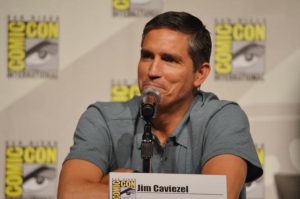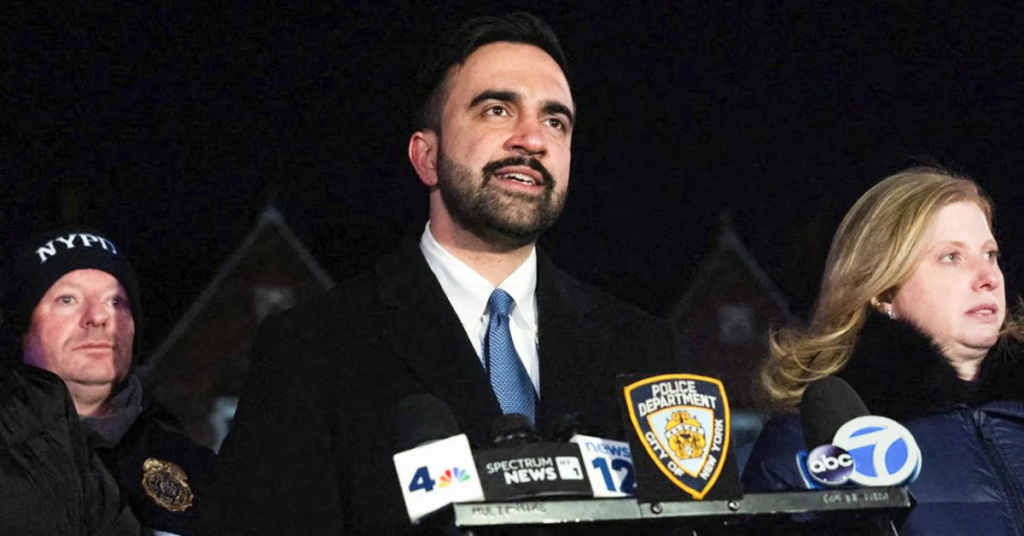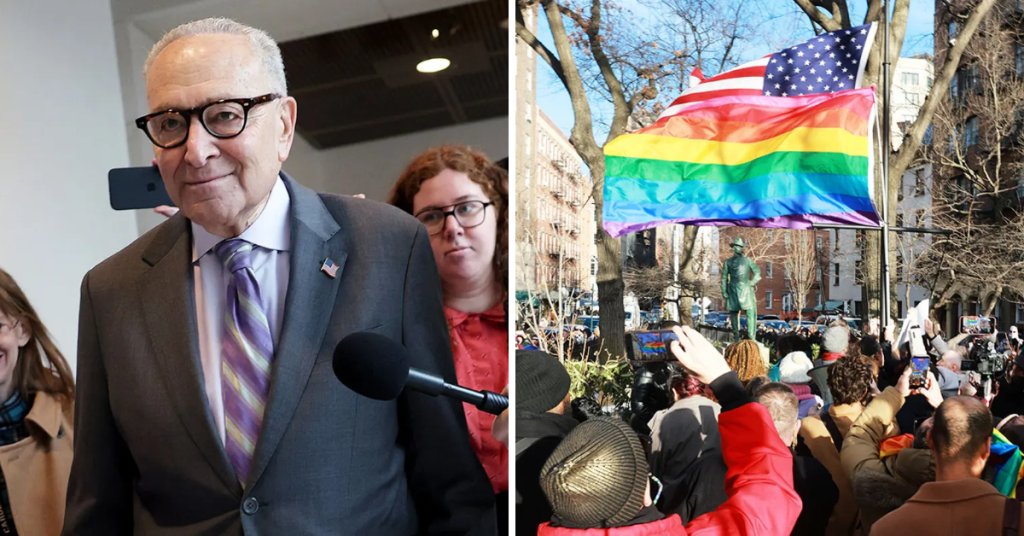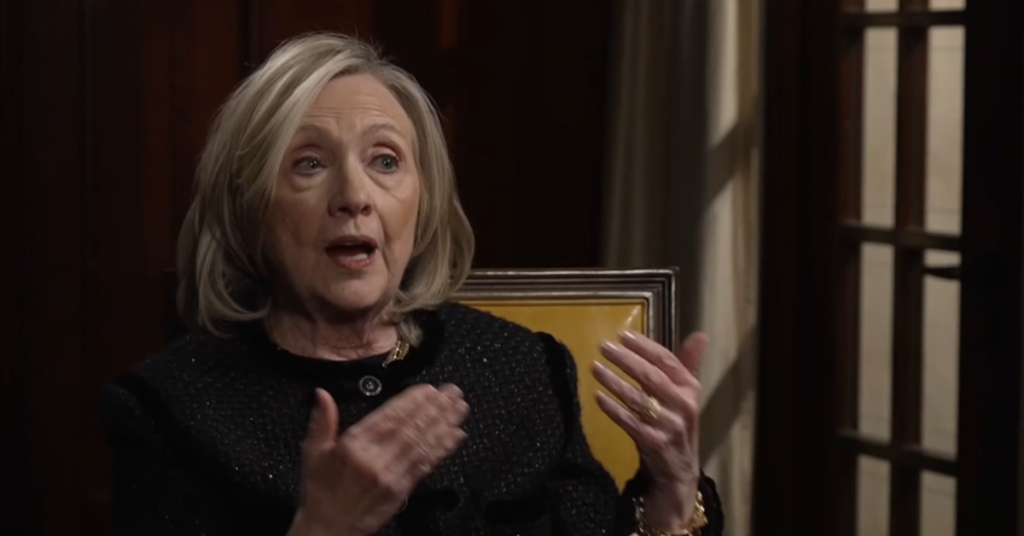In a surprising twist in showbiz, actor Jim Caviezel is making waves by turning down a collaboration with the acclaimed Robert De Niro, labeling him as an “awful, ungodly man.” This unexpected move is causing a stir in Hollywood, prompting discussions on the interplay of personal beliefs and professional partnerships. This article delves into the specifics of Caviezel’s bold choice, the reasons behind his decision to decline working with De Niro, and the broader implications of such public statements in the film industry.
Jim Caviezel, renowned for portraying Jesus Christ in Mel Gibson’s “The Passion of the Christ,” has built a reputation for his strong Christian convictions and dedication to roles that align with his moral values. On the flip side, Robert De Niro, an industry icon, is known for his versatile roles and vocal opinions on various social and political issues. Caviezel’s refusal to collaborate with De Niro sheds light on the clash between personal principles and the collaborative nature of filmmaking.

Caviezel made his declaration in a recent interview when asked about potential collaborations with De Niro. He emphatically stated, “I won’t work with Robert De Niro. He’s an awful, ungodly man.” The strong language in the statement immediately grabbed the attention of the media and fans, raising questions about the nature of the reported conflict between the two actors.
Although Caviezel didn’t provide specific details during the interview, it’s clear that his decision stems from a fundamental clash of values. Considering Caviezel’s outspoken Christian faith and commitment to projects aligning with his moral compass, it’s reasonable to assume a perceived misalignment with De Niro’s public persona or past actions. The lack of specifics in Caviezel’s statement has led to speculation and increased public interest in understanding the dynamics involved.
While the entertainment industry often sees actors taking public stances on various issues, including refusing to work with certain individuals, Caviezel’s bold statement has evoked mixed reactions. Some applaud his commitment to principles, seeing it as a rare display of authenticity in an industry often criticized for moral ambiguity. Others question the wisdom of such public declarations, suggesting potential limitations on professional opportunities and the perpetuation of division within the industry.

Caviezel’s rejection of working with De Niro prompts broader questions about how actors manage their personal beliefs in Hollywood’s collaborative and often politically charged environment. While diversity of thought has historically thrived in the industry, instances of actors drawing lines based on personal values are becoming more common. This incident reflects the evolving landscape of Hollywood, where individuals feel compelled to assert their principles, even at the risk of professional consequences. The entertainment industry has witnessed instances where actors’ public statements have both enhanced and hindered their careers. Caviezel’s refusal to work with De Niro may find support from like-minded individuals appreciating his commitment to his beliefs, but it also raises questions about potential impacts on future collaborations and the perception of industry professionals who may view such declarations with caution.
Jim Caviezel’s deep Christian faith has been a defining aspect of his public persona. His role in “The Passion of the Christ” catapulted him into the spotlight as an actor unafraid to take on roles resonating with his spiritual convictions. The clash with De Niro underscores the challenges faced by actors maintaining their integrity in an industry known for complexities and moral ambiguities.
Beyond the individual actors involved, Caviezel’s refusal to work with De Niro prompts reflection on broader implications for Hollywood and the entertainment industry. The incident highlights the ongoing tension between personal beliefs and the collaborative nature of filmmaking. As actors increasingly use their platforms to express their values, the industry may witness a shift in dynamics, with more individuals choosing to take a stand on issues they hold dear.
Jim Caviezel’s decision to reject collaboration with Robert De Niro based on moral grounds has sparked a conversation about the intersection of personal convictions and professional engagements within Hollywood. The incident sheds light on the evolving landscape of an industry where actors, driven by their principles, make public declarations that resonate with their beliefs. As the entertainment industry continues to navigate these complexities, the clash between Caviezel and De Niro serves as a reminder of the delicate balance between personal ethics and the collaborative spirit that defines filmmaking.



